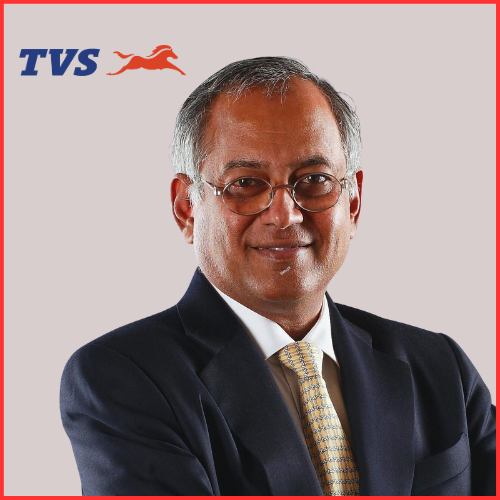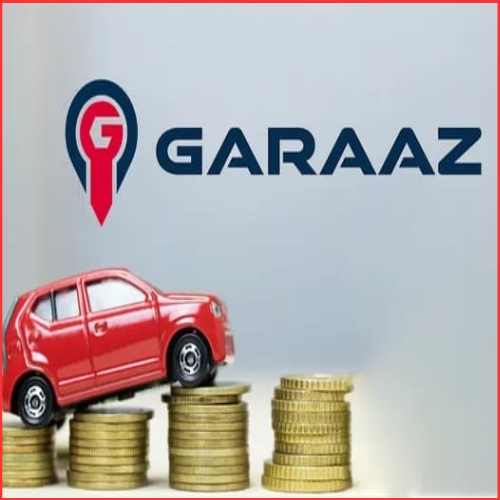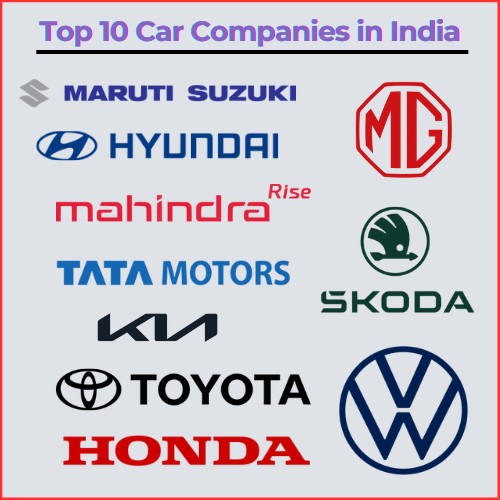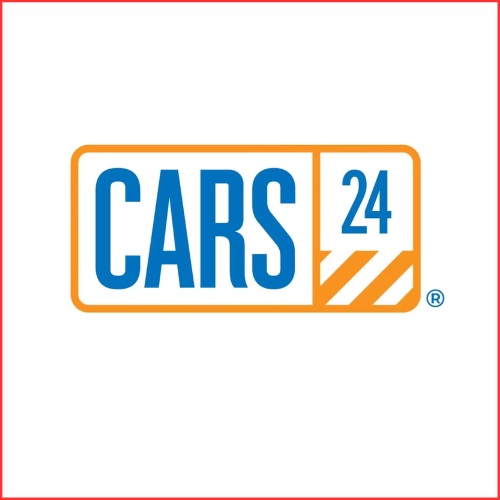Ashok Leyland Ltd expects hydrogen-powered trucks and buses to emerge as a self-sufficient green solution.
Hinduja group flagship Ashok Leyland is functioning on hydrogen-powered commercial vehicles and a team is currently committed to expanding them.
A potential scheme to reduce tax on hydrogen, particularly green hydrogen that could help eradicate intention content, and its availability along specific long-haul corridors could develop a positive business case for hydrogen-powered automobiles in both internal combustion engine and fuel cell variants in the next five years, N. Saravanan, chief technology officer of the Hinduja Group company,
“Investing in hydrogen as a fuel is important for us because, even compared to CNG, where we have some imported content, hydrogen could be theoretically self-sufficient. We’ll maybe start with grey hydrogen, but green hydrogen can be produced with investments going on with multiple players. We see hydrogen as a possibility and that possibility for us has two forms: IC engines and fuel cells. Priority-wise, we are looking at both technologies in parallel. However, we do believe that given Indian requirements, the comfort level with IC engines and the ecosystem, it may have a slight edge over fuel cells but how it pans out is anyone’s guess,” Saravanan said.
“In the medium- to long-term, if hydrogen becomes available at the right cost, it will start making commercial sense because, at that point, I would not be surprised if the government feels that hydrogen is a fuel that saves us foreign currency and, therefore, moves to lower tax on it. If that happens, it will trigger a certain amount of shift towards hydrogen,” he said.
“The shift to hydrogen depends not only on the technological development of these vehicles but also the readiness of the ecosystem. Most discussions seem to suggest that in the next three to five years, we’ll start seeing at least some amount of hydrogen production coming online, especially green hydrogen. I think in the next five years, we’ll start seeing at least the availability of hydrogen across certain long-distance corridors. Then, we’ll see vehicles that make sense,” Saravanan said.
Ashok Leyland CFO Gopal Mahadevan, reacting to a query on whether the company would invest more than the Rs 750-crore CAPEX as was announced earlier or whether will look at revising it, said, “I think we will stay with that number at the moment“.
Expanding into the African market would be crucial, Sondhi said. He further said the company would look at South-East Asian markets too. He further added “In Africa, we have laid out a retail distribution channel,” he said.
To an inquiry on the used vehicle segment, Mahadevan announced the company would enormously use the digital platform and not just the formal way of buying and selling a used vehicle.
To another inquiry on the total debt, Mahadevan explained it was Rs 3,112 crore as of the date and successively about Rs 1,000 crore was reduced on the back of exemplary work done by the management to reduce the debt levels.














